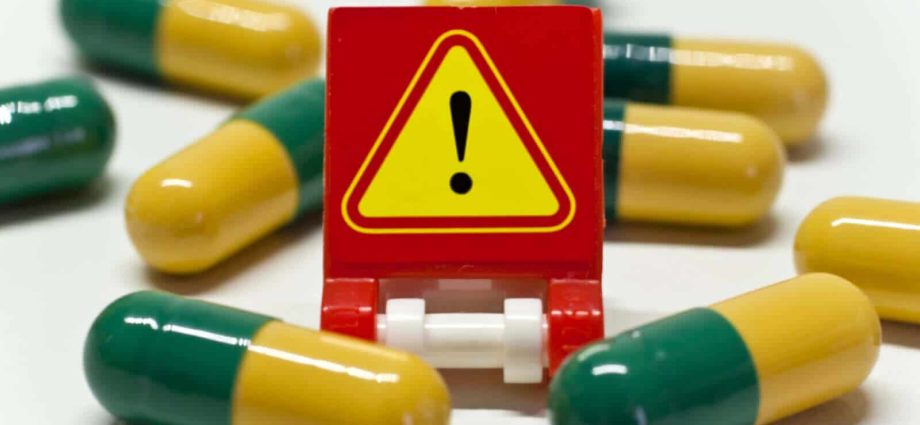The effectiveness of the drug depends partly on psychological factors. Many of them are associated with common stereotypes about “pills” and “diseases”. Others are deeply individual and depend on the characteristics of the personality of a particular patient.
“Any competent psychiatrist or psychotherapist should regularly ask himself three questions: “If I offer or prescribe medicine to a patient, how will he react? Why choose this form of treatment? Would the appointment damage our mutual trust?” says clinical psychologist and psychotherapist Bret Moore.
Prescribing medicines always depends on the doctor-patient relationship. A psychotherapist is not a landscape designer recommending suitable lawn fertilizers. How the patient reacts to the appointment of a particular drug depends on many factors. Indeed, very often the patient is guided by stereotypes and common myths when he decides whether or not to drink the prescribed pills.
Myth #1: Medicines are for the weak
Medicines in our minds are inextricably linked with the disease. Many psychiatric patients see their problems as simply “life problems” and the offer of medication can leave them feeling ashamed and humiliated. They see the hidden meaning here: “You need medicines because you are sick.” And “illness” also evokes certain associations: it seems that a “sick person” is weak, “inferior”, “crazy”, “abnormal”.
Such stereotypes and prejudices depend on many factors – age, gender, ethnicity, social and economic status. The suggestion of a psychotherapist to start taking psychotropic medications often frightens patients, because they think: “The doctor apparently thinks that I can’t cope on my own and I need such a“ crutch ”. This not only undermines the client’s self-esteem, but also makes him doubt that the therapist sees the prospect of improvement.
It is commonly believed that taking medication for emotional problems is “immoral.” Many mistakenly believe that all psychotropic drugs are the same – supposedly they all cause addiction, not much different from alcoholism. From this it is concluded that all who take these drugs are “bad” or at least weak-willed people.
Myth #2: Medicines interfere with healing
Normally, most people who survive a traumatic event do not develop post-traumatic stress disorder. They gradually restore the shaken mental balance, relying on internal resources and the support of others.
“If a doctor prescribes medicine too soon to a traumatized patient, it can really disrupt the natural process of mental recovery and prevent further psychological and spiritual growth. And in some cases, drugs are not needed at all, ”says Bret Moore.
Properly administered treatment is often able to free patients from severe symptoms and thus restore their freedom.
It’s just that sometimes you can’t do without them. But many 12-step addiction treatment groups believe that drugs are “evil,” or at least dangerous and addictive.
It is clear that the leaders of such groups, who do not have special education, are wary of any psychotropic substances, often they simply do not know that many psychiatric drugs do not cause addiction.
It is very common for patients who are simultaneously suffering from, say, alcoholism and clinical depression to attend Alcoholics Anonymous (12-step) groups where they are strongly urged to stop taking antidepressants. Finally, for some, the use of psychotropic drugs seems to be an infringement of free will and independence.
Artwork has also played a role, showing how these drugs are used to control the behavior of patients. In many films (One Flew Over the Cuckoo’s Nest, Interrupted Life, A Beautiful Mind), psychotropic drugs are shown as a kind of “chemical straitjackets”.
“Yes, abuse happens. But the right treatment is often able to free patients from the most severe symptoms and thus restore their freedom and independence, ”says Bret Moore.
About the Expert: Bret Moore is a clinical psychologist and psychotherapist.










